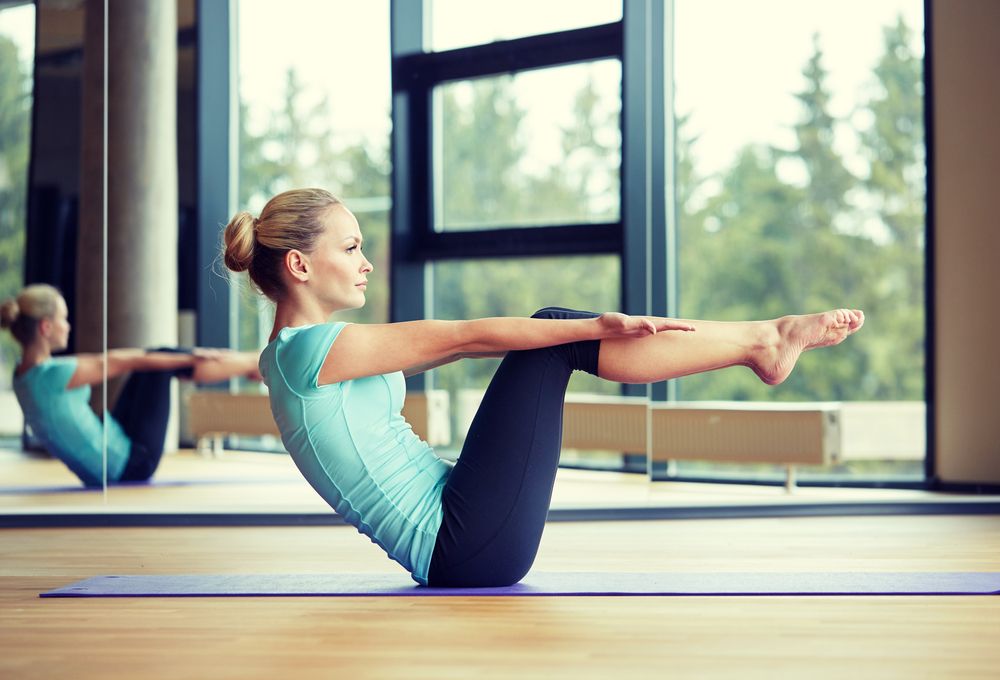Article
Exercise Lowers Risk of Rheumatoid Arthritis
Author(s):
Getting more exercise can reduce a woman’s risk of developing rheumatoid arthritis, according to new research.
(©SydaProductions,Shutterstock.com)

Getting more exercise can reduce a woman’s risk of developing rheumatoid arthritis, according to new research.
In a study published in a recent Arthritis & Rheumatology issue, investigators discovered physical activity and a lower body mass index (BMI) can significantly decrease the likelihood a a woman will develop this chronic condition.
“We found that increasing time spent in recreational activity was associated with reduced risk of rheumatoid arthritis, independent of other rheumatoid arthritis risk factors, including smoking, BMI history, and dietary intake,” said study author Jeffrey Sparks, M.D., rheumatologist with Brigham and Women’s Hospital in Boston.
To determine physical activity’s impact, researchers reviewed medical records from 113,366 women, 506 of whom were diagnosed with rheumatoid arthritis, who also self-reported their physical activity levels. Study participants repeated the self-reporting questionnaire every four years, beginning in 1991 and ending in 2009. They outlined their weekly time engaged in recreational activities, including walking, jogging, running, bicycling, lap swimming, tennis/racquet sports, and aerobics/calisthenics.
Data analysis revealed women who exercised more than seven hours a week experienced a 33 percent rheumatoid arthritis risk reduction compared to women who exercised less than one hour weekly. Walking was the main activity with the most statistically significant effect emerging among women who walked at a brisk or very brisk pace. Overall, these results suggested women who engage in high-intensity recreational activity had the greatest reduced rheumatoid arthritis risk.
These findings support existing knowledge that physical activity stimulates anti-inflammatory myokine secretions that decrease pro-inflammatory cytokines, such as tumor necrosis factor, and positively impacts immune system regulation.
Additionally, researchers found BMI was a strong mediator in the relationship between physical activity and rheumatoid arthritis, particularly for women with seropositive rheumatoid arthritis. The effect was not statistically significant for women with seronegative rheumatoid arthritis. Still, researchers said, those results suggest modifying either physical activity or BMI may be workable strategies to reduce a woman’s risk of developing rheumatoid arthritis.
Ultimately, investigators said, their work adds to the knowledge base about rheumatoid arthritis development. It highlights the potential of physical activity and weight loss interventions to delay or, perhaps, prevent seropositive rheumatoid arthritis onset.
REFERENCE
Liu X, Tedeschi S, Lu B, Zaccardelli A, Speyer C, Costenbader K, Karlson E, Sparks J, Long-term physical activity and subsequent risk for rheumatoid arthritis among women: A prospective cohort study. Arthritis & Rheumatology (2019), doi: 10.1002/art.40899




